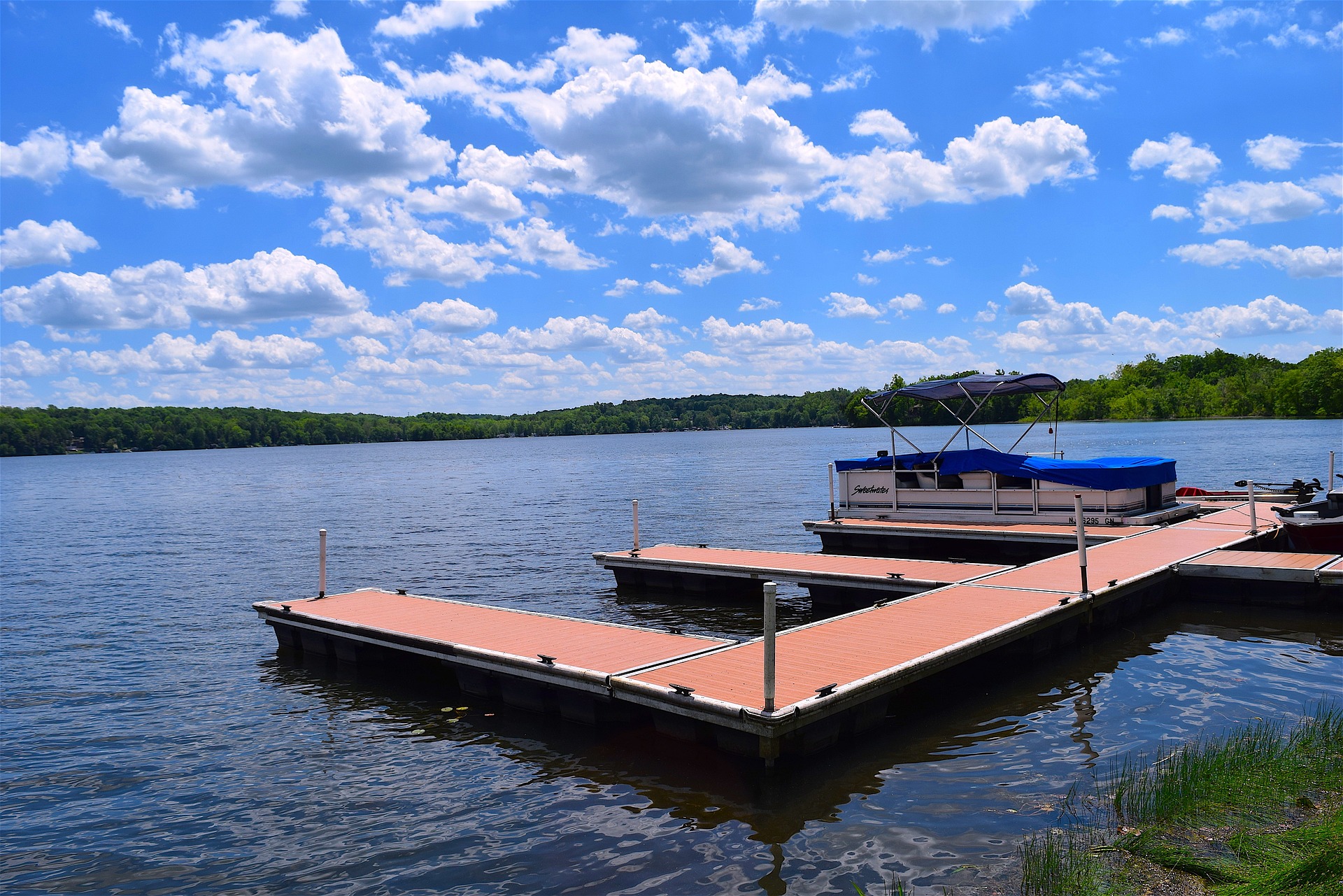The chilly weather we are experiencing here in Florida might not be the best for a fun afternoon of boating on the water, but you should always get your preparations done as early as possible. If you live next to the water and have a personal dock, taking care of any safety concerns now allows you to hit the ground running as soon as the weather warms up. Some of the most serious safety concerns for docks are electrical issues, as water and electricity are a dangerous combination. Winches, lights, tools, and chargers are all possible sources of hazardous electricity if improperly handled, installed, or protected from the elements. Today, let’s discuss the precautions necessary to keep your boat dock safe for friends and family in the upcoming boating season.
Basic Boat Dock Electrical Safety
Keeping your boat dock safe is simple as long as you remember and plan for the most common avenues of danger. Being so close to the water, almost every threat involves water interacting with electronics. Here is what to look out for:
- Grounded Dock
- GFCI Outlets
- Working Electronics
By focusing your safety efforts on these three areas, you can minimize the vast majority of potential harm.
Grounded Dock – Even wooden docks have a lot of metal pieces, components, or tools connected to them that conduct electricity and cause lethal shocks to those nearby. To ensure your dock is grounded, professionals recommend bonding jumpers. Bonding jumpers will connect all of the electricity-conducting metal pieces of the dock to a single source that feeds into a land-based grounding component like a rod. Touching these pieces can still be dangerous, however, and the primary purpose of this device is to trigger a breaker to trip the power. Turning off the power in this way is also essential to protect anyone in the water who could conduct a jolt of electricity.
GFCI Outlets – We have talked at length about GFCI outlets and their many uses in areas of the home where water can interact with outlets, such as kitchens, bathrooms, and outdoor spaces. Quite obviously, docks also fall into this category. In fact, federal electric guidelines require GFCIs to be used on docks to prevent electrical shocks caused by water from splashes or outdoor weather. Water coming into contact with a GFCI outlet will trip and turn off the power before serious bodily harm comes to you or your loved ones. GFCI outlets, especially if tripped often in an outdoor situation, should be routinely tested to ensure they are in complete working order. GFCIs should come standard with a testing button that can inform you about the working order of the outlet.
Working Electronics – Power tools and other dock necessities like boat winches should always be installed or inspected by a professional. Not only can you be injured by an electrical current, but a faulty tool can also cause physical injuries through mechanical failures, such as a winch dropping a heavy object onto a person. Any strange occurrences or power trips caused by a faulty tool should immediately be followed up by an inspection by a trained professional to identify any lingering dangers.
Thorough and routine inspections are the best way to ensure your dock can still safely provide fun times for you and your family. Electricity can also be conducted over large distances in water, meaning you should involve your close neighbors in the process and inform them of the best way they can protect their own dock as well. This will keep everyone you know safe from potential dangers come boating season.
Want to ensure your dock is protected from electrical dangers? Promise Electric provides professional commercial and residential electric services across the Sarasota region. Don’t forget we also install home EV charging stations.



